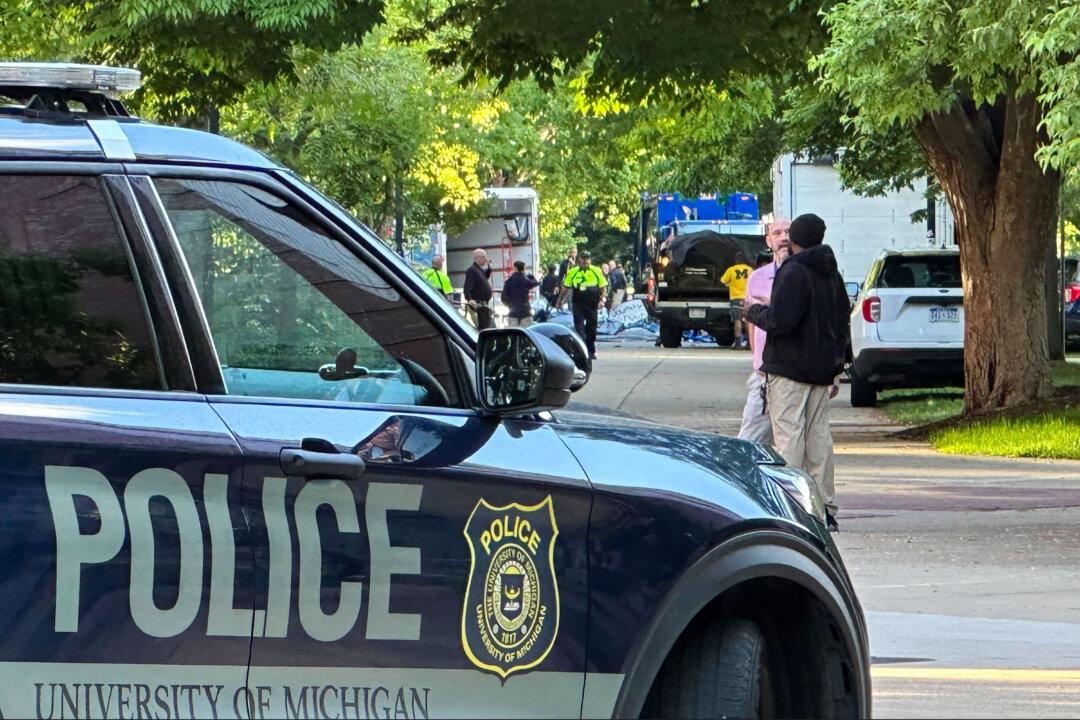The University of Michigan’s ban on guns, which applies even to individuals with a permit to carry a concealed weapon, will stand after Michigan’s top court declined to hear an appeal from a man who said the policy violates the Constitution.
“We are not persuaded that the questions presented should be reviewed by this Court,” a majority of Michigan Supreme Court justices said on Oct. 18 as they rejected an appeal of a lower court ruling that found the University of Michigan’s gun ban does not violate the U.S. Constitution’s Second Amendment because schools such as the university are sensitive places.





